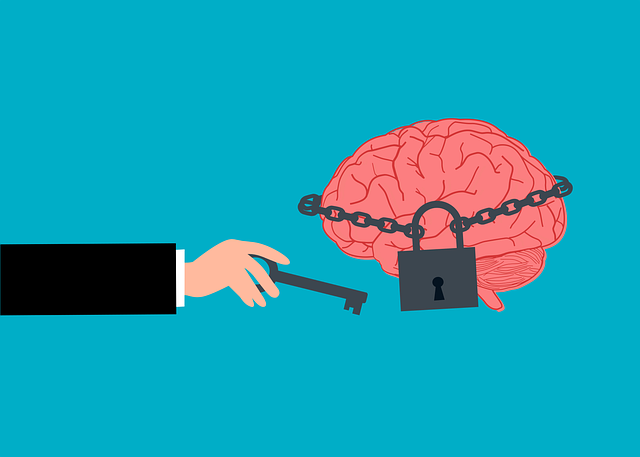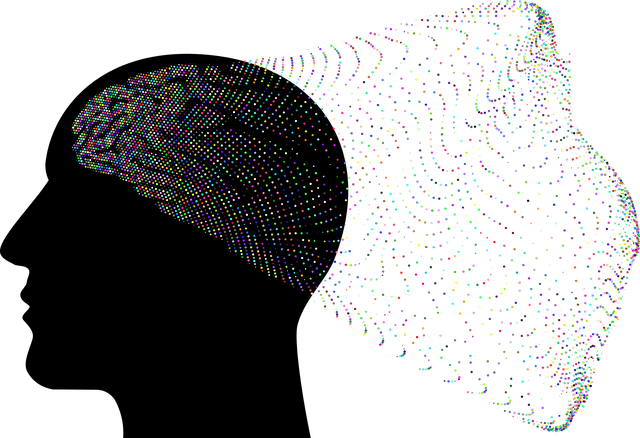Aurora OCD therapy utilizes cognitive-behavioral techniques, mindfulness practices, and emotion regulation skills to holistically treat Obsessive Compulsive Disorder. Through CBT, individuals learn to identify triggers, change thought patterns, practice deep breathing & mindfulness, and foster safe spaces for emotional expression. This comprehensive approach builds resilience, reduces anxiety, and contributes to destigmatization of Aurora OCD through community education and connection.
Emotion regulation is a vital skill, especially in managing conditions like Aurora Obsessive Compulsive Disorder (OCD). This article delves into understanding the significance of emotion regulation and offers techniques to teach effective skills. We explore how Aurora OCD therapy provides a comprehensive approach to mastering emotions, promoting mental well-being and enhancing quality of life. By understanding and regulating emotions, individuals can navigate challenges more adaptively, fostering resilience and overall mental health.
- Understanding Emotion Regulation and Its Significance
- Techniques to Teach Effective Emotion Regulation Skills
- Aurora OCD Therapy: A Comprehensive Approach to Mastering Emotions
Understanding Emotion Regulation and Its Significance

Emotion regulation is a vital skill that enables individuals to manage and understand their feelings effectively. It plays a crucial role in maintaining mental well-being, especially for those dealing with conditions like Obsessive Compulsive Disorder (OCD). Aurora OCD therapy often emphasizes the teaching of emotion regulation techniques as a key component of treatment. By learning these skills, individuals can gain better control over their emotions, leading to improved overall functioning and quality of life.
Understanding one’s emotions is the first step towards effective regulation. This involves recognizing triggers, identifying feelings, and assessing their intensity. Various conflict resolution techniques, such as cognitive restructuring and mindfulness practices, are employed to help individuals manage intense emotions. Additionally, mental health professionals must conduct thorough risk assessments to ensure safe and supportive environments during therapy sessions, fostering the application of mind over matter principles for successful emotion regulation.
Techniques to Teach Effective Emotion Regulation Skills

Teaching effective emotion regulation skills is a crucial aspect of supporting individuals with conditions such as Aurora Obsessive Compulsive Disorder (OCD). Cognitive-behavioral therapy (CBT) techniques have proven to be highly beneficial in this regard, focusing on identifying and changing unhelpful thought patterns that contribute to emotional distress. One approach involves helping clients recognize their triggers, providing them with strategies to pause, assess the situation rationally, and respond adaptively.
Incorporating mindfulness exercises, deep breathing techniques, and even conflict resolution skills from Mental Health Policy Analysis and Advocacy can empower individuals to manage intense emotions effectively. Burnout Prevention methods can also be valuable in teaching people to set boundaries, prioritize self-care, and maintain a balanced perspective, thereby reducing the impact of overwhelming emotions. Additionally, encouraging open communication and providing safe spaces for expression can facilitate emotional healing and growth, much like resolving conflicts peacefully within communities.
Aurora OCD Therapy: A Comprehensive Approach to Mastering Emotions

Aurora OCD Therapy offers a comprehensive approach to mastering emotions by addressing the root causes of Obsessive Compulsive Disorder (OCD). This innovative treatment goes beyond symptom management, focusing on resilience building and anxiety relief through tailored interventions. By integrating cognitive-behavioral therapy, mindfulness practices, and exposure techniques, individuals learn effective strategies to regulate their emotional responses. The program equips them with tools to navigate challenging situations, fostering a sense of control and well-being.
Beyond private therapy sessions, Aurora OCD Therapy encourages participation in public awareness campaigns development, promoting understanding and destigmatization. This holistic approach empowers individuals not only to manage their OCD but also to share their experiences, contributing to broader community support. Through education and connection, the program amplifies the impact of treatment, offering a transformative journey towards emotional mastery.
Emotion regulation is a vital skill, and teaching it can significantly enhance overall well-being. Techniques like those offered in Aurora OCD Therapy provide a comprehensive approach to understanding and managing emotions effectively. By incorporating these strategies into educational settings and personal development, individuals can develop resilience and improve their mental health. The article has explored various methods, highlighting the importance of early intervention and evidence-based practices for successful emotion regulation teaching.









